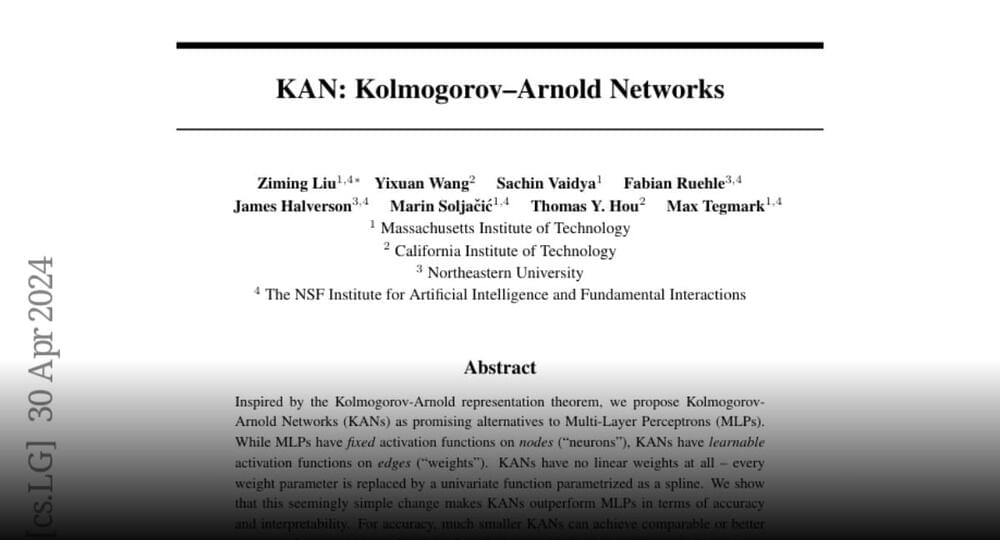Quantum mechanics, the most potent theory physicists have developed, doesn’t make sense. What I mean by that statement is that quantum mechanics — which was developed to describe the microworld of molecules, atoms, and subatomic particles — leaves its users without a common-sense picture of what it describes. Full of what seem to be paradoxes and puzzles, quantum physics demands, for most scientists, an interpretation: a way of making sense of its mathematical formalism in terms of a concrete description of what exists in the world and how we interact with it. Unfortunately, after a century not one but a basketful of “quantum interpretations” have been proposed. Which one is correct? Which one most clearly understands what quantum physics has been trying to tell us these past 100 years?
In light of these questions, I’m beginning a series that explores the most radical of all the quantum interpretations, the one I think gets it right, or at least is pointed in the right direction. It is a relative newcomer to the scene, so you may not have heard of it. But it has been gaining a lot of attention recently because it doesn’t just ask us to reimagine how we view the science of atoms; it asks us to reimagine the process of science itself.
The term “QBism” was shorthand for “Quantum Bayesianism” when this idea/theory/interpretation was first proposed in the late 1990s and early 2000s. The name hit the nail on the head because “Bayesianism” is a radical way of interpreting probabilities. The Bayesianist approach to what we mean by probability differs strongly from what you learned in school about coin flips and dice rolls and how frequently a particular result can be expected to appear. Since probabilities lie at the heart of quantum mechanics, QBism zeroed in on a key aspect of quantum formalism — one that other interpretations had missed or swept under the rug — because it focused squarely on how we interpret probabilities. We’re going to dig deep into all of this as we go along in this series, but since today’s column is supposed to be the introduction, let’s start with a 10,000-foot view of what’s at stake in the great “Quantum Interpretation Wars” so we can see where QBism fits in.
